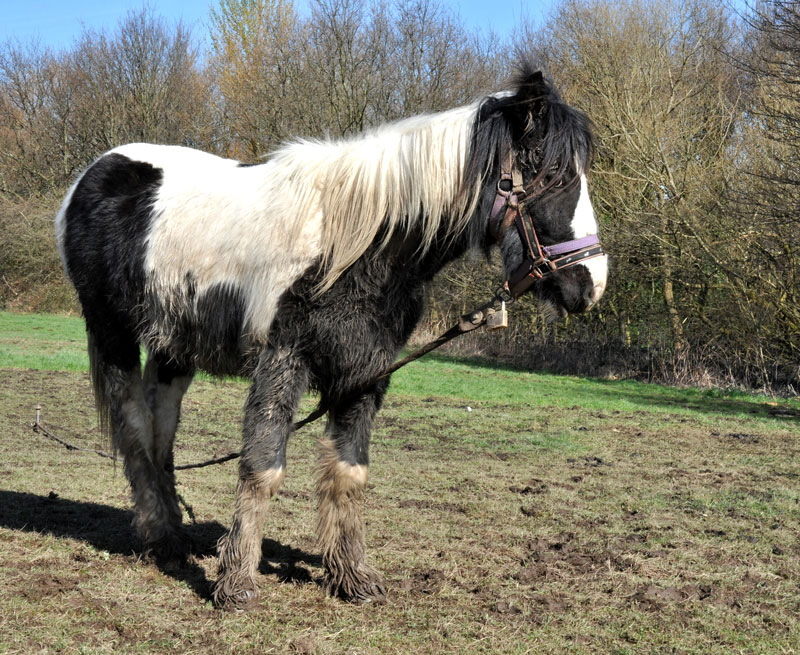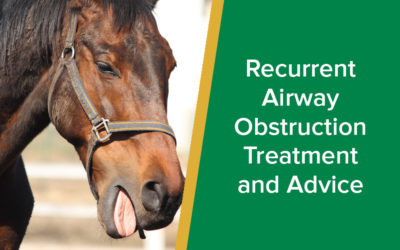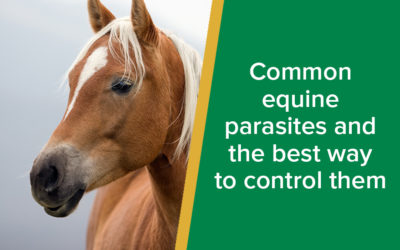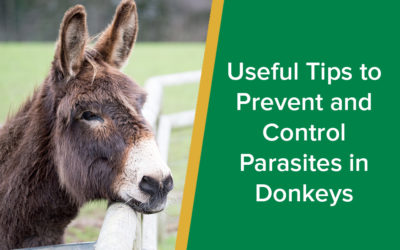Has your horse or pony suffered from laminitis in the past? Is your horse overly hairy, looking a bit pot-bellied or just not his or her normal self? If the answer is yes to any of these questions, particularly the recurring laminitis one, and your horse is over 15 years of age, we’d suggest you give us a call so that we can investigate whether Equine Cushing’s Disease (also known as Pituitary Pars Intermedia Dysfunction or “PPID”) may be to blame.
While many cases of laminitis have previously been thought to have been caused by nutritional issues, there is now a growing body of evidence that suggests that up to 80% of laminitis cases seen in practices like our own could be the result of a hormonal imbalance such as Cushing’s Disease – which is why we’re starting to talk about it.
A simple blood test could be all that is needed to diagnose Cushing’s Disease or Syndrome

So what is Cushing’s Disease?
Equine Cushing’s Disease is the most common hormonal disorder of older horses and ponies. We understand that over 15% of horses and ponies over 15 years of age are affected. Combine this with the fact that over 80% of horses suffering from laminitis may have an underlying endocrine disorder like Cushing’s Disease, and it is clear why all of a sudden there is an increasing level of interest in the condition. While the condition is more common in older horses and ponies, many still enjoying active lifestyles can be affected.
How does it happen?
The pituitary gland controls a range of important functions including metabolism, reproduction, growth and lactation. As your horse ages, nerves in part of the brain called the hypothalamus undergo progressive degeneration, and produce insufficient quantities of a nerve transmitter called dopamine. Dopamine normally inhibits the production of some hormones from the neighbouring pituitary, so if there is inadequate dopamine production, these hormones tend to be produced in excessive quantities, resulting in the clinical signs associated with Cushing’s.
What are the clinical signs?
We’ve already mentioned laminitis and hirsutism (abnormal coat), which are two of the most common clinical signs of Cushing’s. But there are plenty of others, which are often variable and not necessarily specific to Cushing’s, and these include:
• Excessive sweating
• Increased appetite
• Increased drinking and urination
• Lethargy/tiredness
• Poor performance
• Reduced immune function leading to reoccurring skin and respiratory infections including sinusitis, dental disease and an increased susceptibility to worms.
• Loss of muscle and a pot-belly
• Abnormal deposit of fat around the eye
Diagnosis
As with most conditions, early diagnosis and treatment of horses and ponies affected by Cushing’s Disease delivers the best outcome. If you recognise any of the signs, we can carry out a blood test to confirm whether or not Cushing’s is the cause.
Treatment and management
Treatment of horses with Cushing’s centres on dealing with any immediate medical problems (eg: laminitis cases generally require a combination of pain relief, foot care etc), and then addressing the underlying hormone imbalance.
There is no cure for equine Cushing’s Disease, but there is an effective licensed medicine which helps get the hormone secretions back in balance. This helps to reduce the clinical signs associated with the disease – such as any laminitis.
Free Lab Tests for Cushing’s/PPID Monitoring
We are glad to let you know that the free ACTH lab tests are being extended to horses on Prascend treatment. However you will need to get the code in a different way to previous free tests.
Step 1
Register with www.careaboutcushings.co.uk, you also need to select to receive personalised alerts.
DO NOT click on free testing box – this is only for horses not on treatment.
Step 2
Complete all the details about your horse, and when it was previously tested. We can help if you cannot remember the date. This date is important as this will determine when you get sent the voucher code.
Step 3
You will receive an email with a voucher code for a free ACTH lab test annually. The test will be free, however there visit/blood sampling/P&P charge.
Step 4
Once you have received the code, contact the practice to organise the blood sample.
Note
Paid for tests can still be completed at any time, particularly if you have any concerns about your horses PPID/Cushings.
Free Lab Tests for Horses Not on Treatment
If you have horses which are not on Prascend treatment, you can get one free screening test a year. You can get this code from the free testing button at www.careaboutcushings.co.uk
If you have any questions about PPID monitoring or free testing, please get in touch with one of our equine vets at the practice on 01382 811111.



